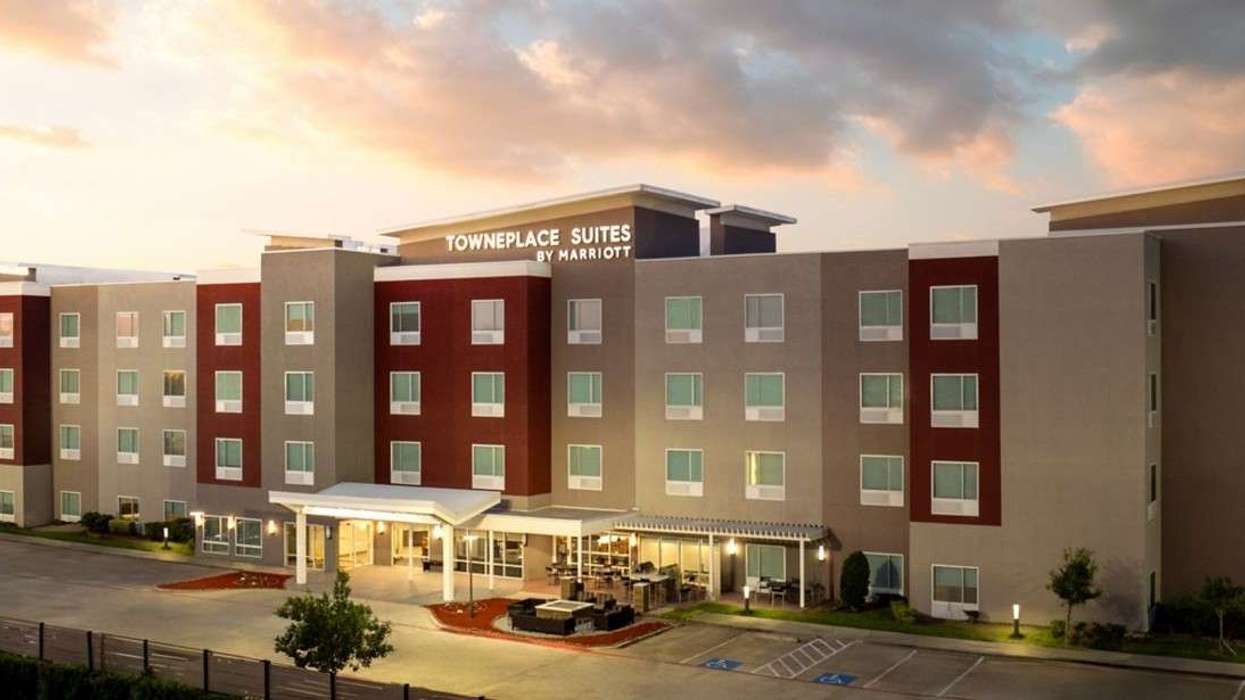HEALTH EXPERTS’ WARNINGS not to travel over the Thanksgiving holiday had an effect as the numbers of travelers on the nation’s highways declined from last year, according to travel data company Arrivalist. Those who did travel took shorter road trips and were more likely to stay overnight.
Road trips over the holiday weekend this year were down 35 percent from last year, according to Arrivalist’s Daily Travel Index. This is different from the summertime holidays that exceeded expectations, including Labor Day and the Fourth of July and making it the lowest traveled holiday of the season. It fits predictions by AAA, which had forecasted at least a 10 percent drop in travel just before Thanksgiving, the largest one-year decrease since the Great Recession in 2008.
“Travel by private car—generally regarded as one of the safest and most available means of leisure travel during the pandemic—had begun establishing itself as a leading indicator of travel’s rebound,” said Cree Lawson Arrivalist’s CEO. “That appears to have taken a back seat to people’s desire to protect themselves and each other from a surge of COVID-19 cases.”
The index further found that 69.3 percent of those who traveled 50 miles or more between Nov. 25 and 26 stayed overnight at their destinations, higher than 68.2 percent in 2019. Also, 46.1 percent of trips were shorter, between 50 and 100 miles, compared to 44.8 percent last year.
“The pandemic trends are clearly not going to allow a broad reopening of travel nearly as soon as we hoped,” said Roger Dow, U.S. Travel Association president and CEO. “It’s heartening to see Americans making decisions to keep safe, but the situation is exceptionally painful for travel businesses and workers, who are going to need substantial federal assistance in order to survive until a recovery can begin.”
The Northeast saw the greatest dips in road trips with most states in the region seeing less than half the road trip activity of the prior year. States with the steepest reductions are:
- Vermont (-66.4 percent)
- Rhode Island (-64.9 percent)
- Connecticut (-57.6 percent)
- Massachusetts (-52.7 percent)
- New Hampshire (-52.6 percent)
- Illinois (-52.1 percent)
- Ohio (-52 percent)
Western states saw the smallest drops in highway travel.
- Utah (-13.9 percent)
- Nevada (-20.4 percent)
- Montana (-24.5 percent)
- South Dakota (-27.6 percent)
- Wyoming (-28.7 percent)
- North Dakota (- 39.3 percent)
“The travel industry didn’t have a Black Friday event this year,” said Lawson. “From a travel perspective, Thanksgiving 2020 looks just like any other weekend in 2020 – and a light one at that. It’s a bitter pill today but travel demand overall is as strong as ever, and I expect delivering a vaccine will give the industry a shot in the arm.”





